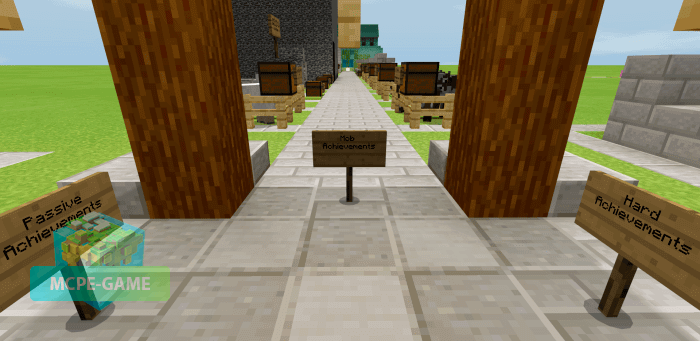

Yes, I’m aware that you can travel to the Nether, and then into the Ender, and you can battle a dragon after which you would have ‘completed the game’. There is no obligation to do any of these, although you will likely complete at least some of them by simple playing and progressing through the game.

At most, it tempts you with achievements: little nudges that simply show what you could do, such as craft an axe, or bake bread. To survive, you will need to craft tools, gather food, mine resources, explore territories, and build structures. Of course, there will be similar experiences, such as a certain leader declaring nuclear war on you. No one will ever experience the same causally linked series of events (probably), even when the same starting parameters are used. They will often post their experiences on the internet.Įach of these unique experiences is a story of its own. Many players are known to create their own objectives, adhere to personal rules or limit their game progression in one way or another. Sure, the game allows you to ‘win’ using certain conditions, but after a few playthroughs you are tempted to set your own victory conditions. You can decide where you build your cities, whether you are a peaceful of warmongering people and perhaps most importantly: you set your own goals. In Sid Meier’s Civilization-series, you rewrite history as your civilization is placed in a random world. This town from Civilization III has more ancient world wonders than homes I think any iteration of Civilization is a good place to start. Stories of progressĪllow me to illustrate this principle with some examples. Sounds abstract, doesn’t it? Yet, I’m almost certain that most of you have benefited from this form of storytelling. As the name suggests, the narrative will emerge as the player continues to play. It is constructed by the player, through his (inter)actions and explorations, while often influenced by any number of (game-specific) random factors that each game features. In an emergent narrative, the story is not designed by developers. But there is one narrative form that games excel at: the emergent narrative. An example is player agency, or how you can influence the flow or outcome of a narration. On the other hand, games distance themselves from traditional media. Up to extremely historical (image from Alientrap’s Apotheon )


 0 kommentar(er)
0 kommentar(er)
